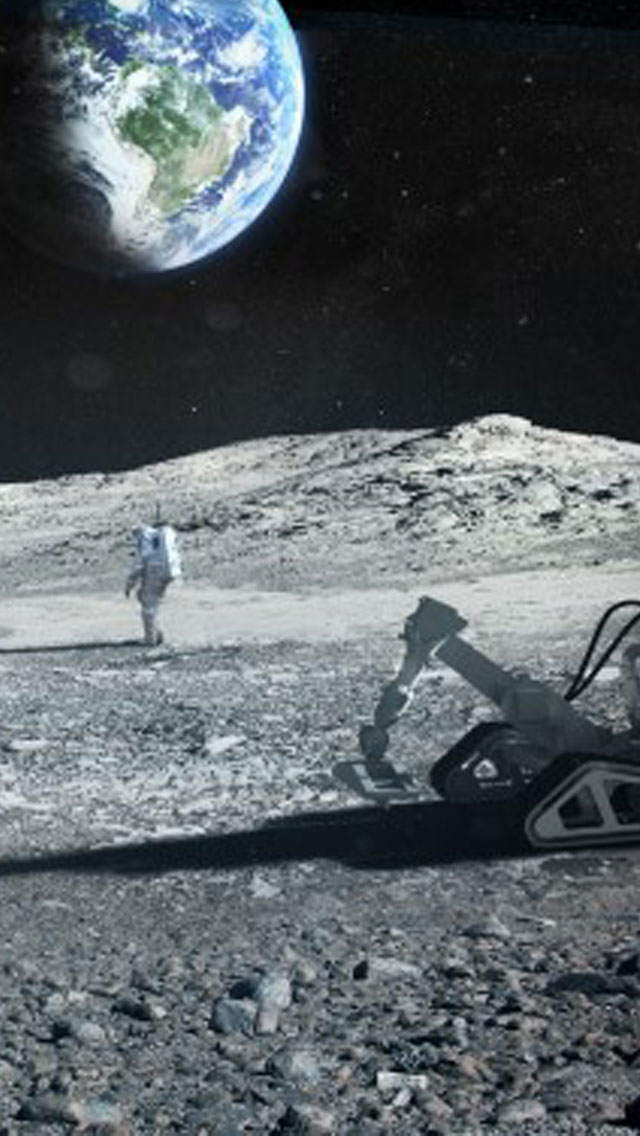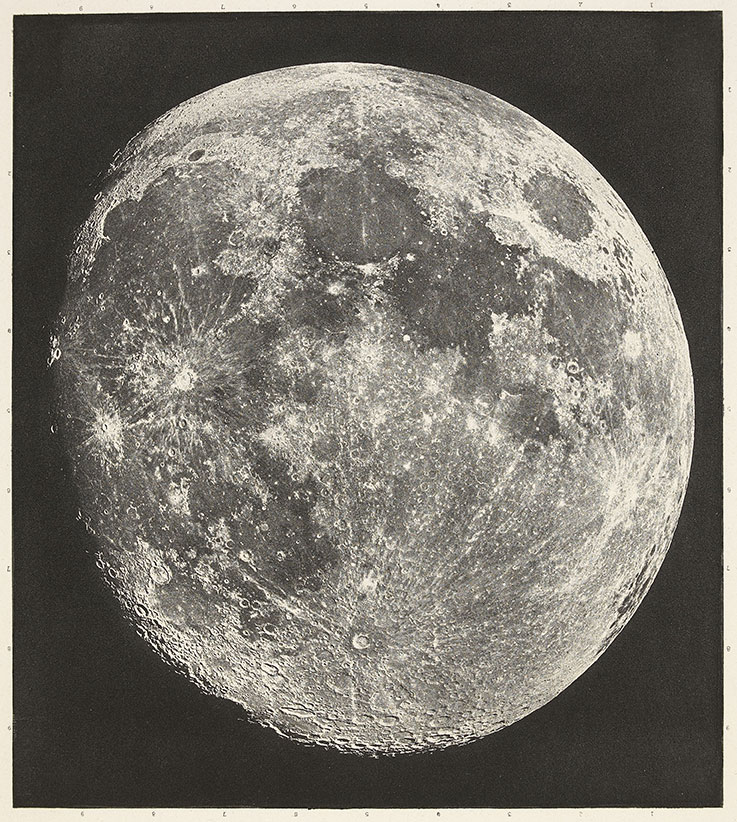There are good reasons for going back to the Moon, 50 years after Apollo 11
20.05.2019

Because mankind must look to the future
Impossible to imagine mankind without new frontiers! The Moon’s geophysical characteristics mean we can make it our gateway to deep space. Oxygen, water, and fuel could be derived from the regolith covering its surface, enabling the active presence of people and vehicles on the Moon. We can envisage the development of logistics services, including for the growing number of objects in Earth orbit.
Because it is an environmental challenge
Long-term human presence on the Moon will need to be based on a very resource-efficient way of life relying largely on recycling. Some of the technologies developed will be directly transposable to terrestrial life and could help save valuable resources – for instance, possibly making inhospitable regions like deserts habitable.
Jean-Christophe Hénoux, Head of Future Programs at ArianeGroup, lists seven.
“Photographic Atlas of the Moon”, Loewy and Puiseaux © Musée d’Orsay, Dist. RMN-Grand Palais / Alexis Brandt
Because it will improve life on Earth
Satellite communications, navigation, Earth observation, and insulating materials are just some of the numerous space innovations that have enriched our everyday lives. Work on making human residence on the Moon safe and comfortable will surely extend this list. For example, better, more accessible telemedicine will directly benefit people in isolated areas on Earth.
Because it is a market worth several hundred billion
Space is set to be the global economy’s next driver. Financial analysts anticipate a market in excess of $1 trillion by 2040, driven by the multiplication of in-orbit services for consumers and businesses alike. Can Europe and its companies risk not being a part of it?

From the Earth to the Moon © ArianeGroup
Because Europe must retain control
With Ariane rockets, Europe has secured independent access to space so vital for credible geopolitical autonomy. But it has also driven a vision of shared, regulated, responsible use of space, set out in national and international agreements. Today, the US, China, Russia, and India all have their sights set on the Moon. Europe must rise to the challenge of continuing to influence the rules of play.
Because the Moon fascinates Europeans
The Moon is part of our collective imagination, as the exhibitions we are sponsoring in Paris and Toulouse demonstrate. The team working on the ISRU* project includes members from France, Germany, Belgium, the Netherlands, and, Poland. Europeans can achieve great things when they join forces. We are doing it with Ariane and we should do it with the Moon!
Lunar base © ESA / Foster + Partners